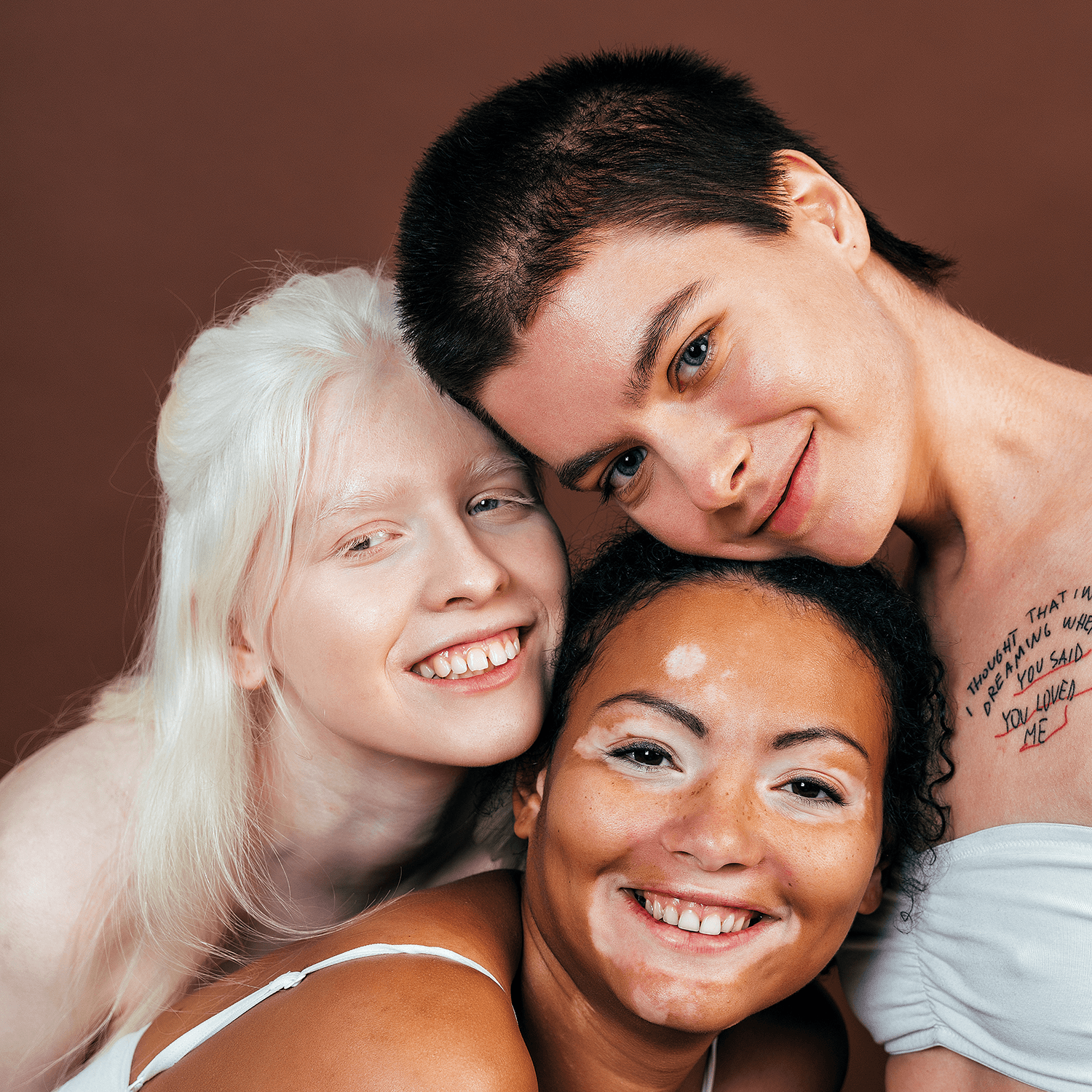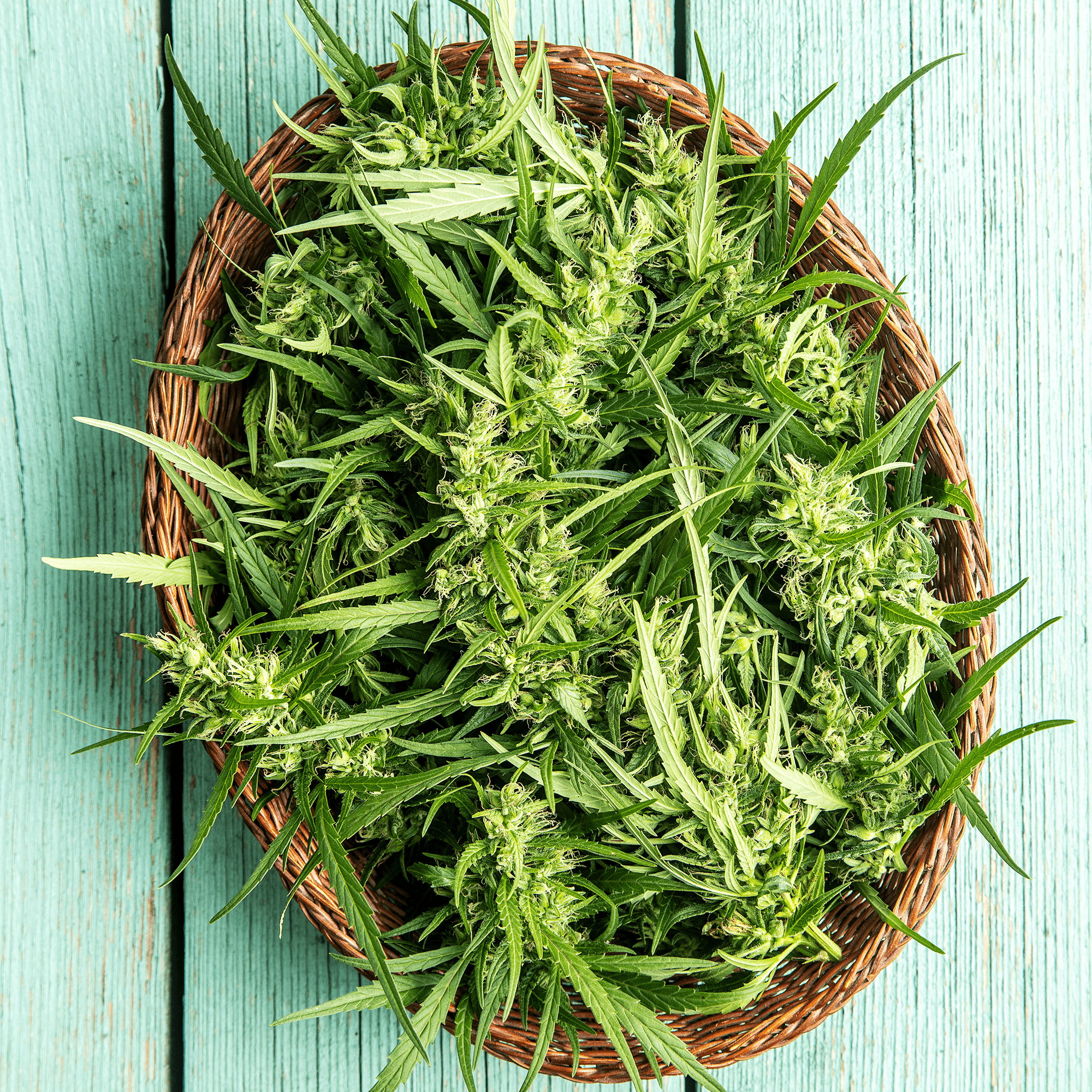10 lifestyle factors that affect your skin!

Perfect skin without skincare!
Skincare and makeup can only give you short-term results. However, these types of products are almost always detrimental to long-term healthy and beautiful skin. Truly healthy skin can also be achieved naturally through routines such as getting quality sleep, exercising regularly and eating fruits and vegetables.
Here are 10 ways to improve your skin's appearance without using skincare products.
1. drink plenty of water
Drinking water can keep your skin moisturized and fight dryness and flaking. It can also help your skin retain its elasticity and plumpness. This can reduce or delay signs of aging such as fine lines and wrinkles.
Another benefit of drinking plenty of water is that it helps "flush out" toxins and waste from the body. The accumulation of toxins and other toxins can often contribute to acne and dull skin.
Strive to drink more water throughout the day, especially on hot days or when you are more active. Replace sodas, coffee, fruit juices and alcohol with water.
2.Exercise regularly
Exercise increases your blood flow and circulation. This allows your skin cells to receive more oxygen and nutrients that contribute to a "glowing" skin tone. Like water, exercise also helps to get toxins and poisons out of your body that can make your skin look tired and dull.
Make exercise part of your lifestyle and aim to do some form of physical activity every day of the week. Do a combination of cardio and strength training, and stick to activities you enjoy. Include your friends and family members to make exercise more fun.
3. Eat more fruits and vegetables
Fruits and vegetables are full of antioxidants and other nutrients that can fight free radicals that cause acne and other skin problems. Some fruits and vegetables are also rich in water, which can hydrate your skin and make it more moisturized. Watermelon, grapes and celery are examples of fruits and vegetables that are high in water.
Swap snacks like crackers and granola bars for fruits and vegetables instead. Eat sliced carrots and celery stalks and use berries as a snack. Try eating fruits and vegetables at every meal and see how your skin benefits from these superfoods.
4. Increase your fiber intake
Fiber can help move detoxifying toxins and poisons out of the body, helping you maintain healthy skin. It also increases blood flow and circulation so your skin cells get more nutrition.
Luckily, most fruits and vegetables contain high amounts of fiber, so you may already be getting it in your diet if you eat a lot of fruits and vegetables. If not, try adding more fiber to your diet. Apples, beans, and pears are some of the many healthy foods that are rich in fiber.
5. Get quality sleep
Sleep is the body's time to repair itself, and this includes your skin. While you sleep, your skin will replace dead skin cells and create new, healthy skin cells. Your skin will also produce new collagen while you sleep, helping your skin to stay plump. More collagen means fewer fine lines and wrinkles.
Start going to bed earlier in the evenings, even on weekends. Do everything you can to get the best quality sleep possible. Invest in a high-quality mattress, buy sheets that are soft and cool, and hang blackout curtains if light and noise disturb your sleep at night.
Quality sleep does more than help you achieve glowing skin. It can also reduce your risk of several health conditions, including heart disease and depression.
6. Use a silky pillowcase
Some fabrics have the potential to dry out and dehydrate your skin. For example, cotton is very absorbent and can remove the natural oils (sebum) from your skin. These oils, plus your dead skin cells, will remain in the pillowcase until you wash it again. This increases the risk of acne and less healthy skin.
Consider using pillowcases made of satin or silk that can help your skin stay soft and healthy. Some manufacturers make pillowcases specifically for people who want to maintain healthy skin.
Another benefit of using a silk-like pillowcase is that it can also make your hair look healthier. Pillowcases made of cotton and other absorbent fabrics can dry out your hair just as they dry out your skin and make it less shiny.
7. Manage stress
Stress causes your body to release higher amounts of a stress hormone called cortisol. Cortisol increases oil production in your skin, which can lead to clogged pores and acne. Cortisol also increases the amount of inflammation in your body. According to a 2014 study published in Inflammation and Allergy Drug Targets, stress-induced inflammation can lead to skin conditions such as eczema and psoriasis.
It's normal to experience stress from time to time. But prolonged stress can have serious health effects because it causes you to have high levels of cortisol all the time.
Find ways to effectively manage and reduce stress. This may involve taking a warm bubble bath or listening to calm, relaxing music. Sometimes reducing stress may require you to make major life changes. Do whatever it takes to eliminate the biggest stressors in your life. This can improve your overall health, including your skin health.
8. Avoid touching your face
Hands and fingers usually contain large amounts of oil and dirt, even if you have recently washed them. When you touch your face, this debris is transferred from your fingers to your skin and clogs your pores, increasing the risk of acne.
Try to avoid touching your face with your fingers. If your face itches, try using the back of your hand or a shirt sleeve to relieve it.
Also pay attention to whether you have certain habits where you touch your face with your hands, like covering your mouth when you laugh.
9. Shower with hot water
A hot bath or shower can feel great after a long day or when you feel like relaxing. But hot water can strip moisture and oil from your skin, leaving it dry and unmoisturized.
Instead, consider showering in cold or lukewarm water instead. Lukewarm water is much gentler on your skin and won't leave it as dry or dehydrated.
10. drink less alcohol
Alcohol dehydrates your skin and body. It can make fine lines and wrinkles more visible and your skin less healthy.
Drinking large amounts of alcohol on a regular basis can also lead to nutritional deficiencies. This can prevent your skin from getting the nutrients it needs to maintain a healthy glow. For example, alcohol can deplete your body of several B vitamins, including folic acid. Folic acid, for example, helps your skin retain moisture.
Too much alcohol is also associated with higher levels of inflammation. Inflammation is linked to a variety of skin conditions, including psoriasis and eczema.
If you drink alcohol, try to limit your intake to no more than one or two drinks per day. According to the CDC, moderate drinking is defined as two drinks or less per day for men and one drink or less per day for women.
Click here to read more about a perfect skincare routine that doesn't just include skincare!




Comments